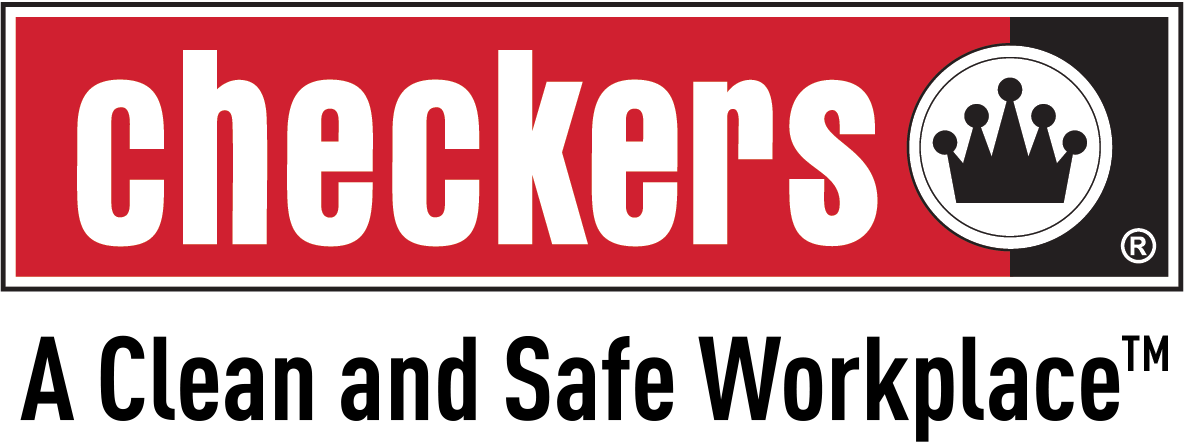
How to Sell Good Cleaning Practices to a Skeptic
Have you ever been to a shop or restaurant that you liked but fell out of love with them just by visiting their bathroom? At times there can be skepticism about the efforts needed to keep your home or office clean.
Whether you are proposing paper towels instead of re-usable cloth towels at work or trying to keep the house clean in the presence of a messy roommate, it helps to approach the issue tactfully.
There is something about a squeaky-clean space that brings ease and relaxation to the mind. If you want to share some good information on how to clean with your co-workers or household members, these five tips can help you get your point across.
1. Approach skepticism with facts
Skepticism about cleaning is something of a blind spot, it can mean that the other person may not fully know how to clean, or they might not be aware of the benefits.
For example, house cleaning and other such tasks are relaxing as they release endorphins in the brain because of their simple, repetitive and predictable nature. The human brain loves predictability and order, no wonder most organization have the policy to keep the office clean, as it improves productivity and mood.
To support your advice, choose a widely accepted source to present facts to your friend and join them in this discovery. Have conversations with other people in the room about why they like house cleaning and good hygiene.
2. Have a consistent cleaning schedule!
Let’s face it, most people do not like spending hours scrubbing a floor that has been left unattended for weeks. If you are sharing the same space with someone who never seems to get around to cleaning, you must decide on a consistent schedule and take turns performing chores.
Instead of taking up the responsibility of house cleaning all by yourself and stressing out, politely remind your friend that their turn is up and how much you appreciate their help.
3. Assign cleaning responsibilities!
Would you ever walk away from a ketchup spill on the kitchen counter if you knew that you would have to clean it during your precious evenings or lunch break? No, you would try to keep it clean as you go so that you can make it as painless as possible for yourself the next time you do it.
Assigning tasks to keep your home or office clean makes everyone conscious about their portion of responsibilities. This way, everyone does their part and tries to learn how to clean effectively. Over time, good habits start to form, and cleanliness becomes its reward.
4. Remember to encourage
Humans positively respond to rewards, and a shift towards good cleaning habits deserves lots of appreciation and praise. Saying something like “Thank you, this looks so awesome!” can go a long way in showing your gratitude.
This will give skeptics a reason to keep a clean environment with a sense of achievement and importance and they will think it was time well spent.
5. Replenish and upgrade cleaning supplies regularly
If your cleaning tools consist of a 3-month-old mop, a faded pail and a broom that looks like Einstein’s hair, it is time to upgrade.
You do not have to spend a fortune on cleaning supplies, a good microfiber mop head or an environmentally friendly micropet mop can make floor cleaning a lot easier. Having a pail with a cone wringer will ensure that you are not dripping dirty water all over the floor.
Swap out your old brush with corn or angle headed broom, or even better, save up for a vacuum which will make dust-busting quicker. For spills, smudges, and splashes, regularly swap out sponges and have towels and microfiber cloths available in the kitchen and bathrooms.
Skeptics do not necessarily like dirty spaces, they might find cleaning difficult due to poor planning or misinformation, check out these three hacks that help with easy house cleaning with a minimum amount of effort.
We all secretly wish that we had someone to clean after us, but on the flip side, having a beautifully organized clean space can be a breath of fresh air when you are tired and aching for a break.

